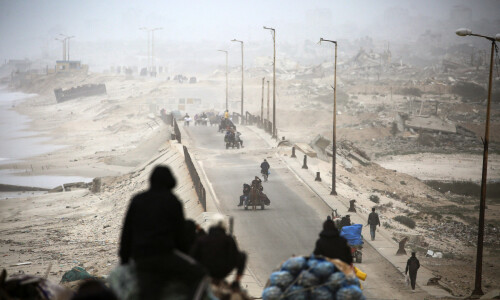Israeli forces have intensified their military operations across the Gaza Strip, expanding ground activities and conducting extensive airstrikes. This escalation follows the collapse of a ceasefire that had been in place since January.
Ground Operations and Airstrikes
The Israel Defense Forces (IDF) announced the expansion of their ground offensive to all regions of Gaza, effectively dividing the territory into three sections by cutting off the road between Khan Younis and Deir al-Balah in central Gaza. This maneuver aims to isolate different parts of the enclave and target Hamas infrastructure.
Overnight airstrikes have resulted in significant casualties. Reports indicate that at least 85 Palestinians were killed in a single night, bringing the total death toll to nearly 600 since the ceasefire ended. The strikes have targeted various locations, including densely populated areas, leading to widespread destruction and civilian casualties.
Humanitarian Impact
The intensified military actions have severely affected Gaza’s already strained humanitarian situation. The United Nations has reported that hospitals and aid operations are struggling to function amid continuous bombardments and restricted access to essential supplies. The loss of communication networks has further hampered rescue and relief efforts, isolating residents and complicating the coordination of medical assistance.
International Reactions
The escalation has drawn international concern. French President Emmanuel Macron criticized the Israeli attacks and called for a return to the ceasefire and a two-state solution. Protests have erupted within Israel against Prime Minister Benjamin Netanyahu’s decision to resume the conflict and his dismissal of the head of the domestic intelligence service, reflecting internal dissent over the government’s handling of the situation.








